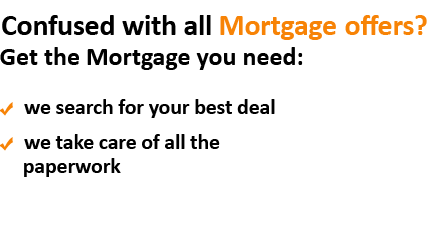What is a Reverse Mortgage
A reverse mortgage is very similar to a home equity loan. You will still take money out against your home, so your home is collateral. The difference with the reverse mortgage is that you will not need to repay the money until you leave your home.
A reverse mortgage is not available to everybody and you will need to meet certain requirements to be able to qualify. The first and the main one is that you must be at least 62 years old and that your home must be your main place of residence. You will also need to have a home that you now own outright or that you have almost paid off your mortgage as you will need a large equity already built up.
You can decide to have the amount of the reverse mortgage to be sent to you in one sum or you can receive it in monthly installments. You could also have it set so that it is a line of credit. This will be a personal choice and it will all depend on the need for the loan.
The problem with the reverse mortgage is that there are high interest rates associated with them. There are also a high number of bank fees and costs that are associated with the loan so you will need to decide whether it really is worth it.
The money from the reverse mortgage can be used however you wish. You can take a long vacation or you can pay off your doctor’s bills. You could even use it to enjoy your life a little more. It does not matter how the money is sent, whether monthly or in one lump sum, you will still be able to use the money how you want to.
There is usually a date of payment set for the reverse mortgage, however there are times that it will not be you who pays the money back. You will need to pay the money back when you no longer live in the home; this could be due to illness and being placed in care or due to death. There are times that it will be your family that decide how they are going to pay the money back and this is something that you will need to talk to them about.
There are a number of ways that your family can handle the reverse mortgage payments. The first choice will be to sell the home. However, they do have the option of remortgaging their own home or selling that and moving into yours. The bank will not hold the title to the house and your family will have a year to decide how they are going to handle the payments.
The interest rates for the reverse mortgage are not tax deductible but they will not affect your social security benefits or your entitlement to Medicare. Also, just because one partner has left the home, the second one can still remain in the home and you will not have to pay the money back until both have left.






